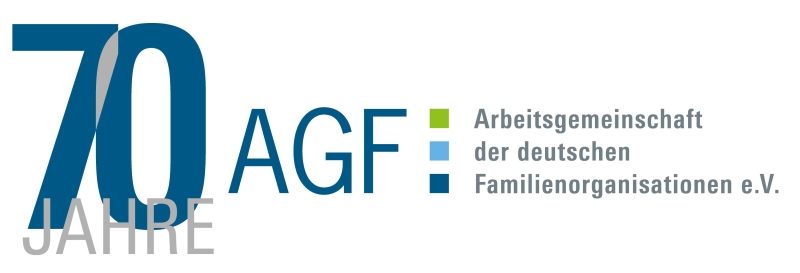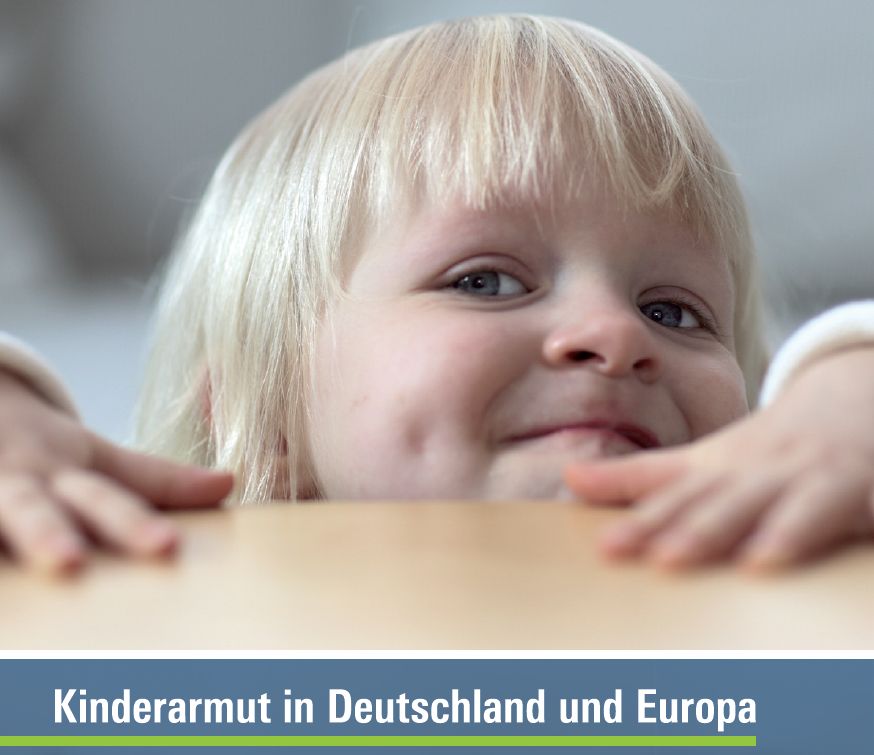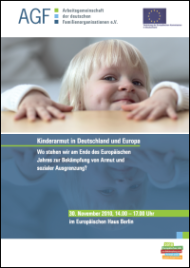
On 30 Nov representatives of NGO, academia and politics discussed the effects of the European Year against poverty and what needs to be done now, for an effective policy against child and family poverty.
The joint event by the European Commission delegation in Germany and the AGF on the state of combating child poverty in Germany and Europe took place in the European House, Berlin: “Child Poverty in Germany and Europe. Where do we stand at the end of the European Year for Combating Poverty and Social Exclusion?”.
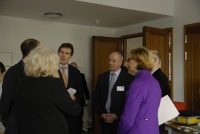
Matthias Petschke, head of the European Commission Representation in Germany, and Edith Schwab, chairwoman of AGF, opened the conference. Both stressed the good cooperation between the European Commission and the AGF since 2009 and the consistently, penetrating work on the subject.
Barbara Steffner, head of the political department of the European Commission in Berlin, subsequently reported on the recent European Commission initiatives to combat poverty and provided an insight into the proposed further action within the framework of Agenda 2020.
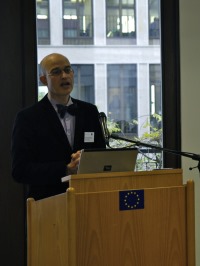
The keynote presentation by Dr. Markus Grabka from DIW Berlin showed then that the gap between rich and poor in Germany continues to widen. The situation of particularly vulnerable groups, especially children and young people, single parents and immigrants has clearly declined in the last ten years.
In the panel discussion, lead by UNICEF Germany´s vice president Maria von Welser, this discrepancy between political measures and the real conditions of life have been considered. Edith Schwab, Thomas Mann, Member of European Parliament and Vice Chairman of the Committee on Employment and Social Affairs, and Dr. Jens Regg, managing director of basic security of the Regional Directorate Berlin-Brandenburg of the Federal Employment Agency, discussed together with the audience, how an actual policy against child poverty and family poverty, is to be formed. Access to employment, securing one´s livelihood, a quantitatively and qualitatively adequate education and supervision system and a social climate for increased solidarity and empathy, were named as essential.
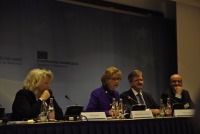
The frequent application of “best practice” models in the social sector, was controversially discussed. The concentration on smaller projects and partial aspects within the scope of “best practice” is indeed good, to be able to show that certain measures are successful in the fight against poverty and social exclusion. On behalf of the associations, criticism was however expressed, that on the EU as well as at the federal level, many good pilot projects are in existence, but these – after they have proven their value – would not be sustained. These policies neglect long-term, targeted decisions for short-lived success stories.
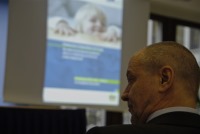
More information about the event, as well as the speeches will shortly be available on our website.
